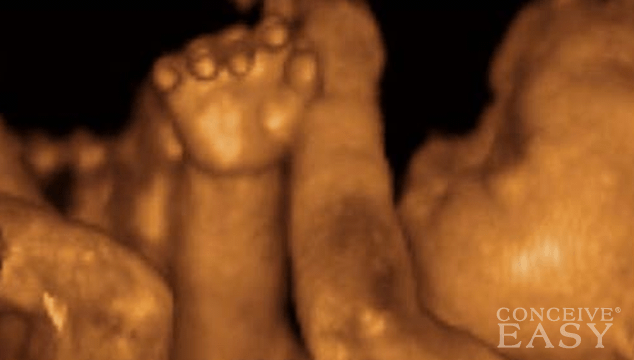Did you know that unborn babies sometimes hiccup? The very thought is exciting, isn’t it? But the thing is that not many expectant ladies realize that their baby is hiccupping. It is very common among babies, actually. Claim Your 20 Free Pregnancy Tests – Click Here
The odds are one in fifty babies. Fetal hiccups usually start very early, even before the fetus starts moving. Hiccups are more of a reflex action in babies. Hiccups are usually harmless but that doesn’t mean you take them lightly.
In very rare cases, they may indicate a problem. Thus, it is ideal to learn about hiccups in unborn babies. Awareness will help you locate any symptoms of danger.

A hiccup, just like in adults, is an involuntary action in the unborn baby. The action is related to the diaphragm. The diaphragm is the muscle that helps you breathe. Hiccups in one way can be good in unborn babies because they help the muscle grow stronger so that breathing movements are easier once the baby is born.
As aforementioned, hiccups can appear very early. After about nine weeks of pregnancy, hiccups begin to appear. This is around the time after the legs and arms have developed. Sometimes, when the baby hiccups, she jumps or bounces up and down.
In the first trimester, when you can’t even feel the movement of the fetus, hiccups are common. They occur very frequently, about once in three seconds. As the pregnancy advances, the hiccup frequency decreases. You can feel the hiccups in the last trimester but at this time, the frequency comes down to about only thrice per day.

Hiccups are nothing but a reflex reaction caused due to breathing and swallowing by the fetus. Cord compression is another reason behind fetal hiccups. Thus, if it is diagnosed that the hiccups are very frequent, the doctor will go for an ultrasound to see if there is any cord compression.

You have to be very careful when it comes to hiccups because it is easy to mistake seizures as hiccups. Indeed, some women misread fetal seizures as hiccups and ignore them. This can lead to dire results, needless to say. You should be able to differentiate between hiccups and fetal seizures, thus.
If it is fetal seizure you will experience intense and rhythmic twitches or movements of the fetus regularly and frequently. You should rush to the doctor for an ultrasound or electroencephalogram to detect seizures if any. But be mindful and don’t fret too much, as fetal seizures are not very common.

Hiccups are usually nothing to worry about. They are completely normal and are a harmless reflex action. Hiccups are pretty common too and not many show signs of any dangers. In very rare cases, frequent hiccups can indicate a problem with the umbilical cord or it may be a seizure masquerading as hiccups.
Thus, if you see that the hiccups are more than normal or if you detect intense, regular, and rhythmic movements of the fetus, you should report to the doctor immediately. He will carry out various tests to find out if everything is okay. It is important to be careful and to be aware of the danger signs so that you are prepared for the worst circumstances.










Comments